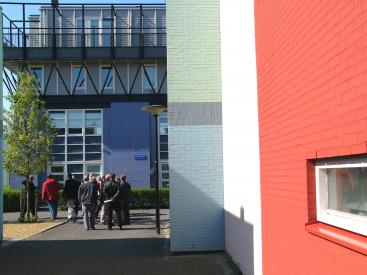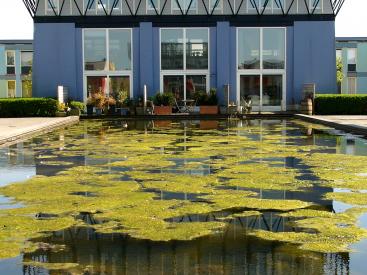TEN Group - Learning from Dutch Cities
- Project date
- 21.04.2005
- Type
-
- Publication
- Research
- Location
- International
- Clients
- TEN Group
- Associated team members
- Associated documents
A study tour of major development projects in three Dutch cities (Amsterdam, Rotterdam and Almere) suggests that planning in Britain would be improved by adopting their practices, particularly as far as collaboration between different agencies is concerned.
Senior local authority officers on the tour were impressed by projects including:Opzoomeren, a project extending over more than 700 streets in Rotterdam and involving residents in how the enviornment is managed a neighbourhood management system for monitoring community engagement in Almere, the main Dutch new town the way Amsterdam has entered into alliances with other cities in the Randstad and Western Europe.The report of the tour highlights Dutch achievements in joined up thinking, positive planning, neighbourhood management, architectural innovation, environmental responsibility, design excellence, social well-being, and collaboration between towns. It considers each city in terms of productivity, liveability, connectivity and governance. In conclusion, the reports author Nicholas Falk suggests five c principles that underlie the regeneration of both people and places: connectivity, choice, character, cohesion, and collaboration.The report is highly illustrated, and included appendixes on methods of participation and case studies of successful projects.The tour was organised by URBED on behalf of the TEN group, which comprises senior officers in local authorities in London and the South East who are committed to achieving urban renaissance. The five c principles are being explored by the TEN group, and in new research by URBED, Making Connections, for the Joseph Rowntree Foundation which is drawing lessons from Rotterdam, Lille and Gothenburg for equivalent places in England.


